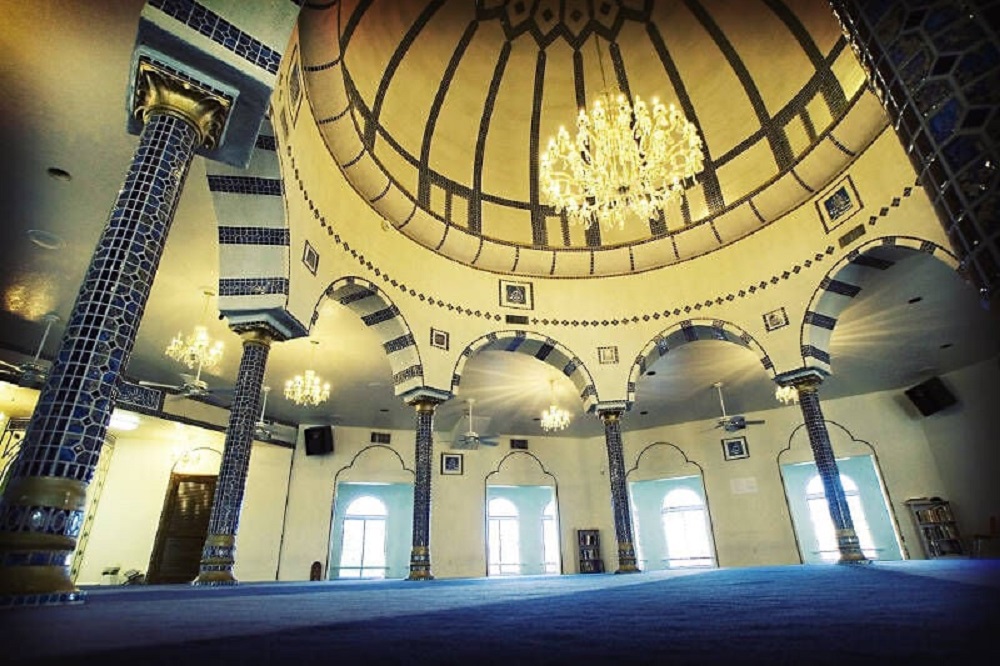Mosques serve as both spiritual and community centers for Muslims, providing spaces for worship, education, cultural events, and civic engagement. Over the past few decades, the number of mosques in the United States has grown significantly, reflecting the expansion and diversification of the Muslim population.
Growth of Mosques in the U.S.
According to data from the Pew Research Center and Islamic Society of North America (ISNA), there are approximately 2,900 to 3,000 mosques across the United States as of the mid-2020s. This represents a substantial increase from the estimated 1,500 mosques in the early 2000s, highlighting the rapid growth of Muslim communities nationwide.
The increase is fueled by both immigration and higher birth rates among American Muslims. Many mosques today are more than just prayer spaces—they host educational programs, community events, social services, and interfaith activities that benefit both Muslims and their broader communities.
Geographic Distribution
Mosques are unevenly distributed across the country, reflecting population density and historical migration patterns. States with the largest Muslim populations, such as New York, California, Texas, Illinois, and Michigan, have the highest concentration of mosques. Metropolitan areas like New York City, Chicago, Los Angeles, and Detroit host dozens of mosques serving diverse ethnic and linguistic communities, including African American, Arab, South Asian, and Southeast Asian Muslims.
Smaller cities and suburban areas are also witnessing new mosque constructions, particularly in the South and Midwest, reflecting the expansion of Muslim populations into previously underrepresented regions.
Roles and Community Impact
Modern mosques in the U.S. play multifaceted roles:
-
Religious: Daily prayers, Friday congregational prayers (Jumu’ah), and Ramadan programs.
-
Educational: Quranic classes, language courses, and youth programs.
-
Social Services: Food banks, counseling, and assistance for new immigrants.
-
Interfaith and Civic Engagement: Many mosques collaborate with local churches, synagogues, and civic organizations to promote understanding and social cohesion.
These functions demonstrate that mosques are not only places of worship but also key community hubs promoting integration, education, and social welfare.
Challenges and Opportunities
While mosques contribute positively to communities, they also face challenges such as zoning restrictions, funding limitations, and occasional social or political resistance. Nevertheless, Muslim communities continue to adapt, creating innovative solutions and promoting engagement with wider society.
The growth of mosques mirrors the evolving demographics of American Muslims and reflects their commitment to faith, community service, and participation in civic life.

